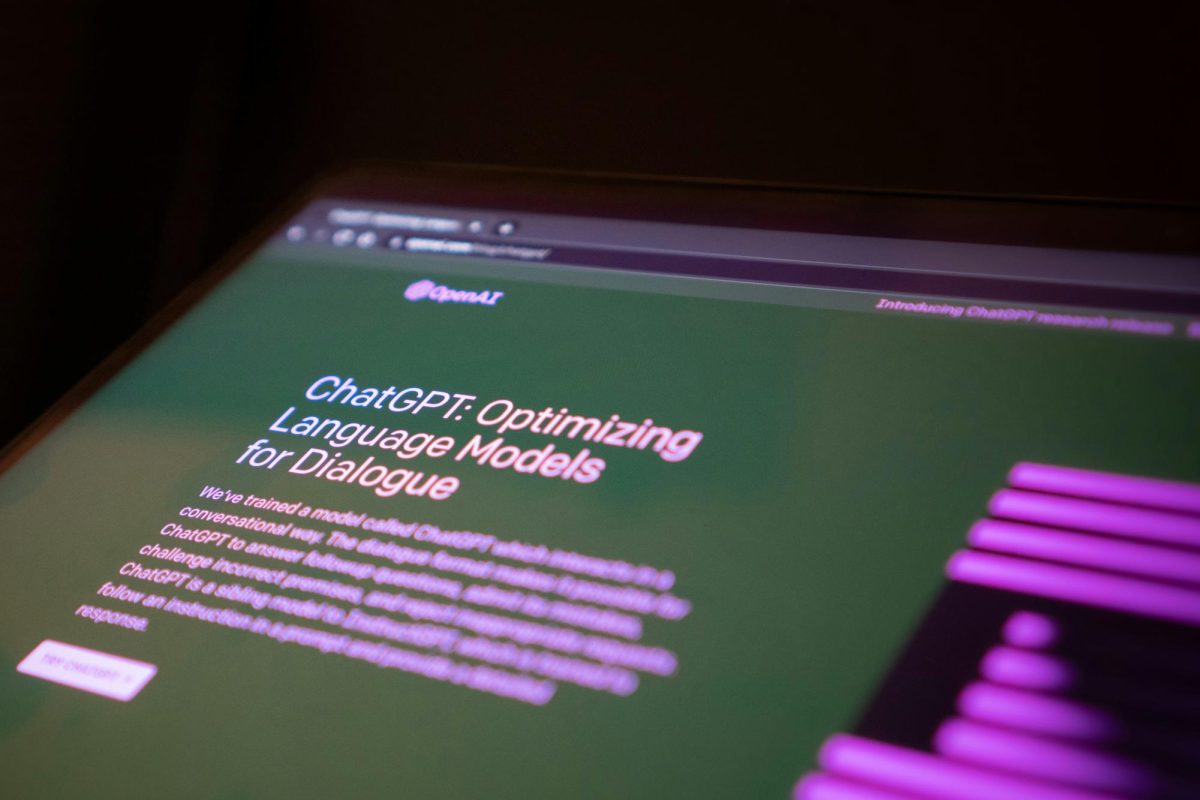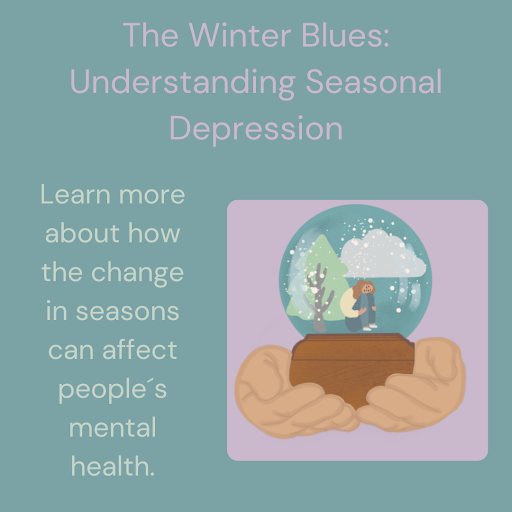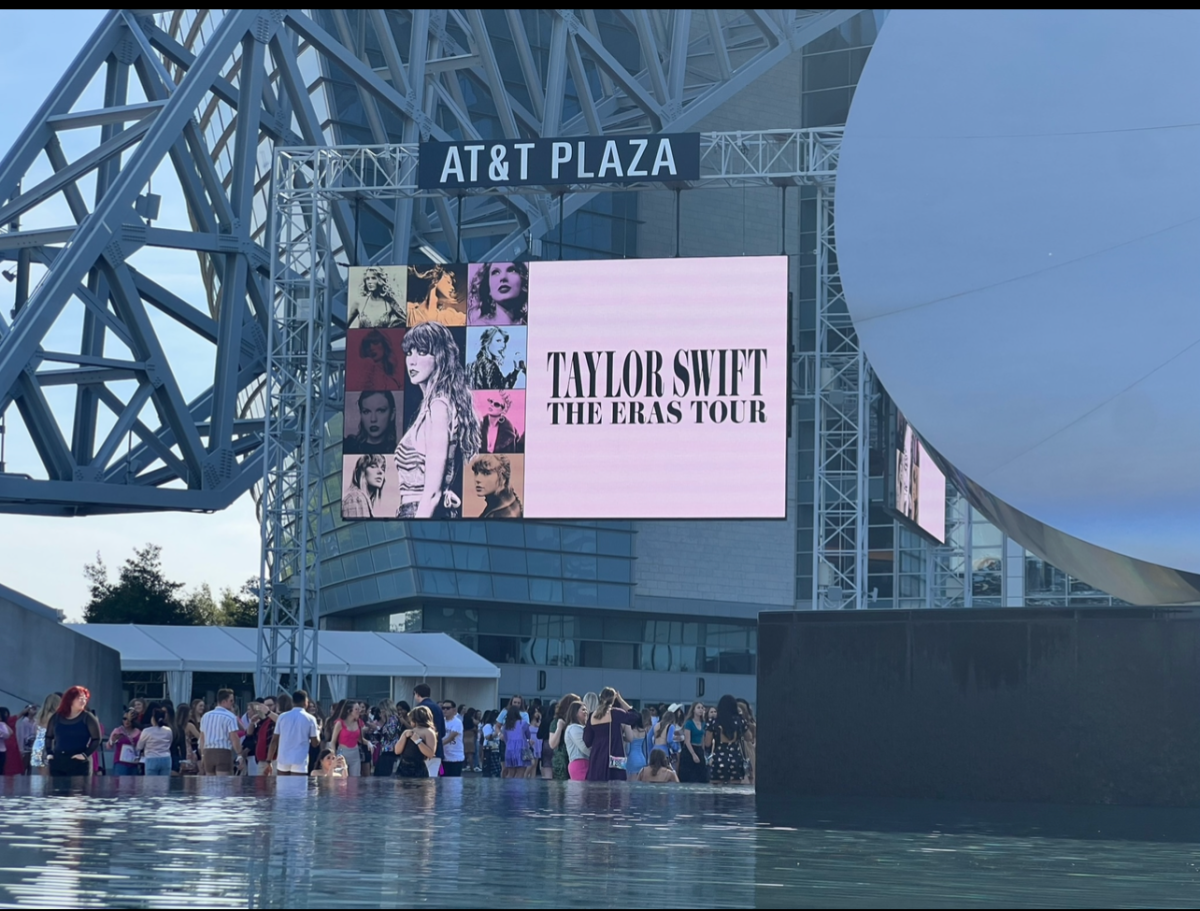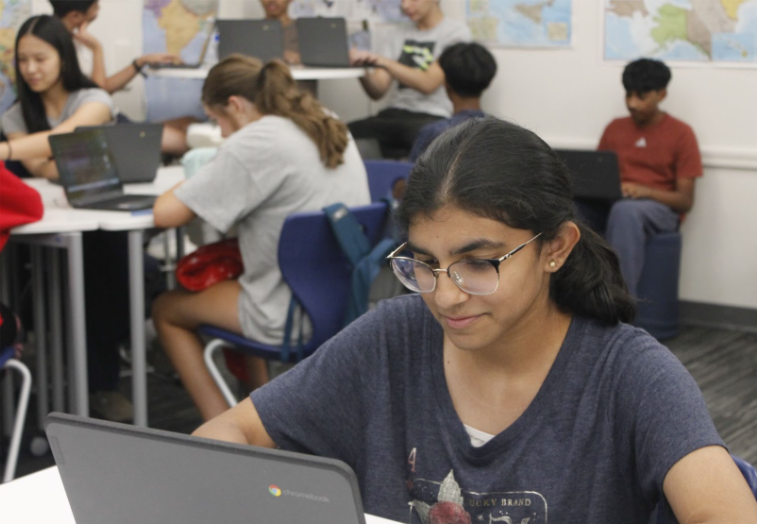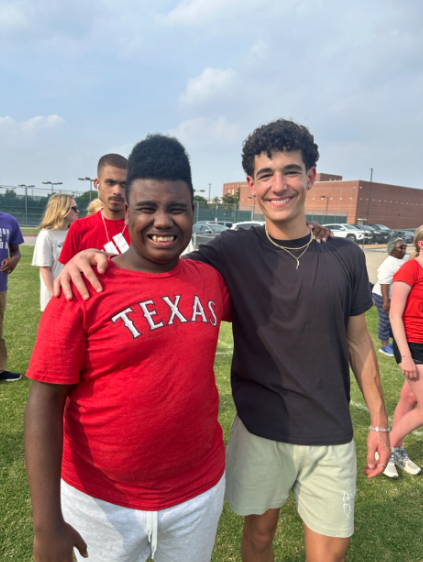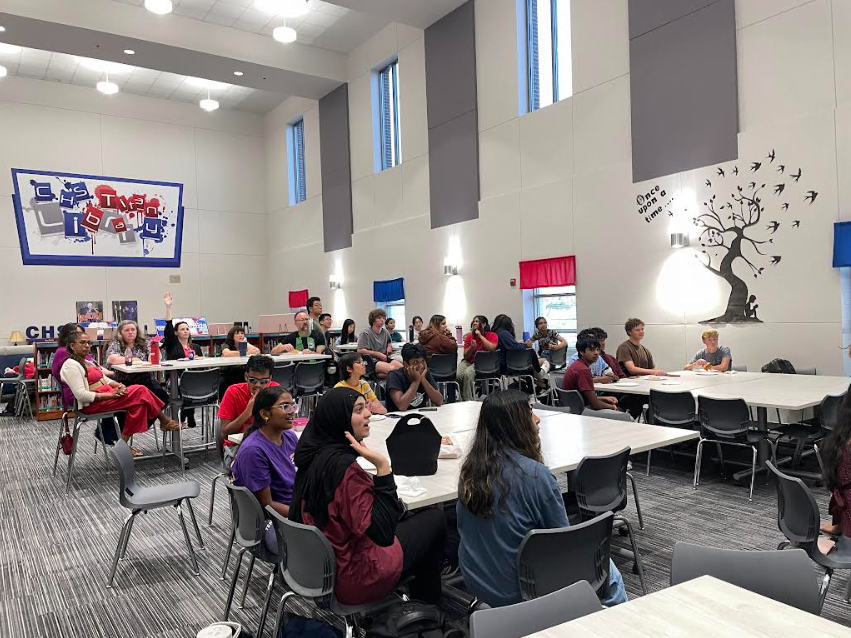FRISCO, TEXAS — The internet and global media as a whole were fundamentally changed by the introduction of YouTube in 2005, as it exploded with every kind of video content imaginable. Family vlogging (short for video blogging) particularly took off, featuring the lives of families in what viewers perceived to be a raw and honest depiction of a “normal” family, attempting to portray life authentically in a social media climate riddled with highly curated content. However, behind the lens, the lives of these families are far from normal.
The parents of family vlogging channels willingly expose their children to the public eye for profit, turning childhood into a place of work, where missteps could jeopardize their family’s financial stability. The United States boasts ethical labor practices, yet lacks any protection for underage employees of family vlogs, unlike child actors, who are protected financially by laws such as the Coogan Law.
Recently, the spotlight has been on the Franke family: a family of 8 with parents Kevin and Ruby Franke. At its peak, their family vlogging channel “8 Passengers” received millions of views, with viewers worldwide feeling like a part of the family. In August 2023, Ruby Franke’s youngest son escaped his house of horrors, described as ‘emaciated’ and covered with wounds, leading to Ruby Franke’s subsequent arrest and sentencing on several counts of aggravated child abuse, causing critics to raise several ethical and moral concerns about the family vlogging industry.
In January 2025, Shari Franke, the eldest daughter of Ruby Franke, published her memoir The House of My Mother, in which she reveals the disturbing realities of her childhood and the damaging effects family vlogging had on her daily life, comparing it to “a surreal version of The Truman Show for [Ruby’s] social media disciples.” While fellow family vloggers, such as Ruby Franke’s sister Bonnie Hoellein, have attempted to separate the patterns of abuse from the family vlogging industry, the recurring themes of the subjugation of children, loss of self, and suffering felt by many of the industry’s child victims can’t be ignored.
When testifying to the Utah legislature on Oct. 16, 2024, Shari Franke shared: “At the time, I’d tell you that I had a choice in what was filmed. But I’ve come to learn that every child influencer, in a way, suffers from Stockholm Syndrome. Most child influencers would probably tell you they have full control over what is posted, but the reality is that their parents bribe and shame them into posting their most vulnerable moments.” The vlogging industry is flourishing in a country characterized by the freedom enjoyed by its citizens, while in reality, children like Shari Franke are being stripped of their freedom and individuality when daily mundane tasks become produced moments.
However, the parents aren’t the only ones to blame. Viewers encourage their behavior through their engagement. Some of the most watched family vlogs are those that include crying, injury, illness, or punishment, leading parents to produce more of these moments to maximize responses from the audience, whether rooted in empathy or bordering on a disturbing form of voyeurism. Shari Franke detailed a story where her mother “accidentally” waxed part of her eyebrow off, “sure enough… the video with a thumbnail of [her] mid-ugly cry racked up thousands of views,” packaging and selling her suffering as entertainment, at the lofty cost of her dignity. Humans are empathetic creatures, but at what point do we stop sympathizing with suffering and instead enjoy it?
As social media content continues to dominate the media landscape, it’s important to examine the line between entertainment and inhumanity, remaining aware of how others are being manipulated to provide cheap entertainment at the expense of real people. By questioning these systems and advocating for the protection of children through policy, we can prevent more children from falling victim to power-hungry authority figures.



